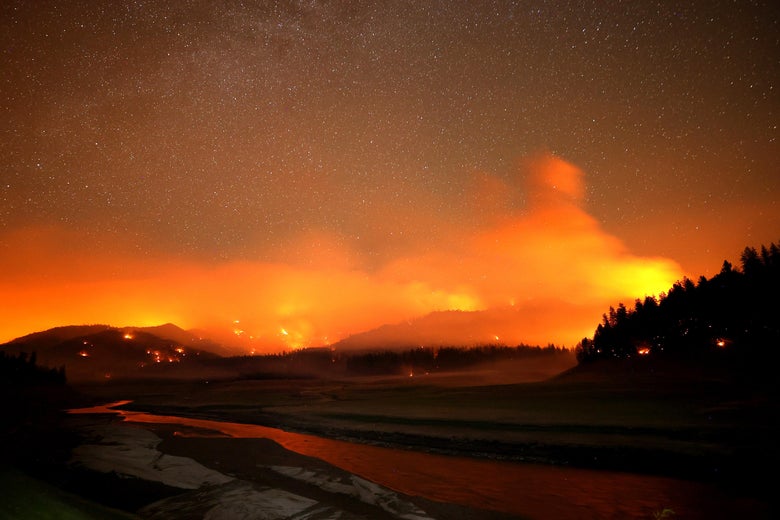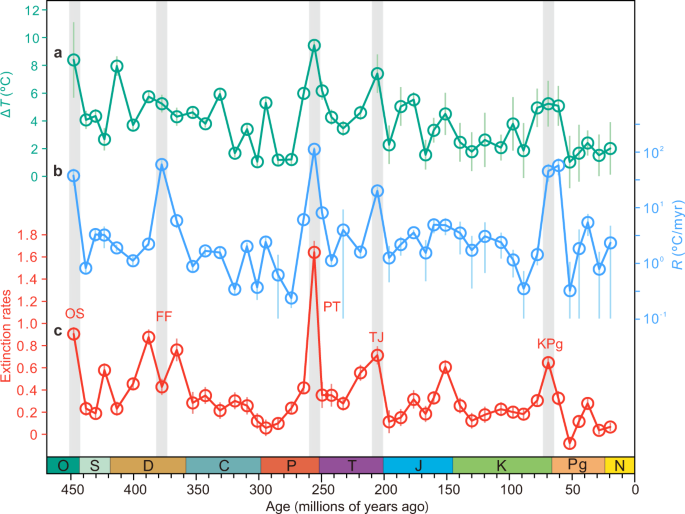
He Wrote a Gardening Column. He Ended Up Documenting Climate Change.
In the summer of 2019, Jeff Lowenfels told me, one of his friends successfully grew okra in Anchorage. Lowenfels could not believe it. The crop was shorthand for all the change he has witnessed since he moved to the city in the 1970s, a distance between past and present that he has measured in vegetables and fruits — from cabbage, snow peas and potatoes to tomatoes, pumpkins and now, incredibly, okra. “Holy crow!” he said. “We can grow anything!”
Lowenfels, a 72-year-old retired lawyer, has written several best-selling books on organic gardening and one on growing cannabis. He is a former president of the Garden Writers Association and was inducted into the organization’s Hall of Fame in 2005; his personal website describes this as “the highest honor a garden writer can achieve.” Perhaps his most notable feat, though, is one of endurance. Lowenfels has written a gardening column for The Anchorage Daily News since November 1976. It is the country’s longest-running such column. In it, he gives advice: on the care and feeding of African violets; on the benefits of raking or not raking your lawn; on how to ward off hungry moose. He also observes. Gardening is fundamentally a local endeavor, an experiment in fitting plants to a specific soil and climate. For more than 40 years, Lowenfels has noted Alaskans’ successes with new plants, tracked the lengthening stretch of frost-free days and recorded the arrival of new horticultural pests.
Until the recent past, few people ever set out to create a long-term record of climate change, says Abe Miller-Rushing, an ecologist at Acadia National Park in Maine. Many have done so by accident, though. Foresters write down when trees bud. Flyfishers monitor when aquatic insects hatch. Birders track when migrating birds appear in their yards. Phenology, the study of climate-related biological rhythms — when flowers bloom, for instance, when frogs sing, when birds migrate — had long been viewed as boring, Miller-Rushing says. “Once you had things figured out, you had it figured out, because it happened the same every year.” But then it began to become clear that things weren’t happening the same every year.
Leave a Comment
Related Posts
Picture This: A National Climate Change Viewer that Helps Land Managers and Decision Makers Plan for Climate Change
Comment






/https://public-media.si-cdn.com/filer/2d/f8/2df8565b-846e-47d1-b139-ce52095fb8da/37437678176_efd04bd9e4_o_web.jpg)














